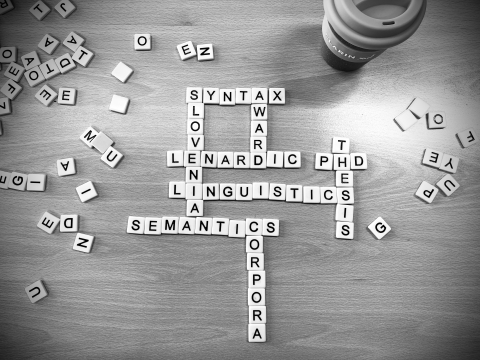New Impact Story: Discovering Slovenian Language Structure Using Corpora

Jakob Lenardič’s PhD thesis was recently awarded best of the year 2021/2022 at the Faculty of Arts, University of Ljubljana. Read how he combined theoretical and corpus...

Jakob Lenardič’s PhD thesis was recently awarded best of the year 2021/2022 at the Faculty of Arts, University of Ljubljana. Read how he combined theoretical and corpus...
The organisers of the second ParlaCLARIN workshop on creating, using and linking parliamentary corpora with other types of political discourse share their experience with the successful virtual edition of this LREC2020 workshop that was originally envisaged to take place in Marseille.

Das Deutsche Textarchiv (German Text Archive) provides access to a comprehensive range of German texts from around 1600 to 1900. The selection of texts is based on scholarly bibliographies of the period, resulting in a balanced corpus, containing more than 1,300 works and almost 100 million words (as of the start of 2014).